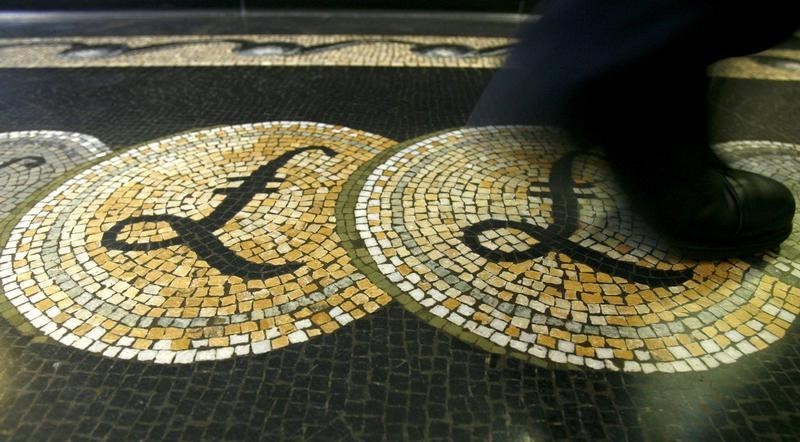By Andrew MacAskill and Lawrence White
LONDON (Reuters) – Subprime mortgage lenders have seen a resurgence in Britain over the past year along with their peers offering high-interest personal loans and they expect Brexit to further boost demand. The recent vote to leave the European Union is expected to make the economic picture gloomier for Britain, dampening growth, increasing joblessness and making it harder to get a mainstream loan.
Britons already owe almost 1.5 trillion pounds ($2 trillion), according to data from The Money Charity, and the government’s paring back of social support mean many are forced to seek alternative sources of credit. An analysis by price-comparison website Moneyfacts.co.uk for Reuters shows that the subprime lending industry in the UK is growing.
Its research shows the number of ‘adverse credit’ mortgage products or home loans to people with a patchy financial history, has more than doubled to 262 from 110 a year ago.
“There are around 12 million people that the mainstream banks and financial companies will not lend to,” said John van Kuffeler of Non-Standard Finance, who also spent 15 years at the helm of Provident Financial Kuffeler predicted that figure could rise to 15 million people if there was a deep recession.
Non-Standard Finance HANGING ON
The subprime lending industry, covering small loans to mortgage lending, flourished in the run-up to the 2008 financial crisis.
After all but disappearing in the aftermath, the demand they left behind was met by so-called payday lenders like Wonga which drew heavy criticism for interest rates as high as nearly 6,000 percent on short-term loans. Those lenders have in turn retreated after Britain’s financial watchdog put a cap on what borrowers have to pay back.
Now new lenders that offer less exorbitant but still high rates are once more finding plentiful demand, as mainstream banks tighten their loan criteria.
“90 percent of our clients also have mainstream credit, but a financial shock such as job loss has pushed them to use high cost credit to manage their debts,” said Peter Tutton, head of policy at StepChange, a charity that helps people manage debts. Tutton said there were roughly 2.6 million people in Britain with problem debts, a number that could rise sharply if predictions of a post-Brexit recession are realised.
The United Kingdom’s household debt was 142 percent of disposable income in 2015, the eighth-highest among developed countries, above the United States at 106 percent and Germany at 86 percent, according to government data. In March, the Bank of England cautioned against rising debt levels and, in particular, unsecured credit.
Unlike the largely branch-based lending of the pre-2008 subprime boom, lenders now are increasingly marketing their products online to more digitally savvy young consumers.
“We have introduced prepaid visa debit cards because our younger demographic of customers told us they didn’t want cash. They wanted to be able to spend on plastic just like the rest of society,” said Paul Smith, Chief Executive of Morses Club. Smith said Morses Club has doubled issuance of its cards every month since launch in February this year. The cards come pre-loaded with a loan typically repayable over 20 weeks at 50 percent interest, according to the company’s website. The lenders say they help people whom mainstream banks will not lend to. But critics warn that such credit typically comes at high interest rates that can lead unwary consumers into even greater financial trouble. StepChange’s Tutton said that victims of the 2008 slump were cushioned by government action to stimulate the economy, record low interest rates and banks willingness to forgive some debt.
Tutton warned that another slump could have harsher repercussions as the government has since cut aid schemes such as the Social Fund.
“We got away with it by the skin of our teeth last time, but there are a lot of households just hanging on and with the safety net reduced this time could be different.”
($1 = 0.7596 pounds)
(This story corrects typographical error in spelling of ‘Provident Financial’ in paragraph 6)
(Reporting by Andrew MacAskill and Lawrence White; editing by John O’Donnell and Elaine Hardcastle)
Subprime lenders see silver lining after Brexit

By Andrew MacAskill and Lawrence White













